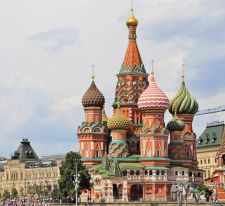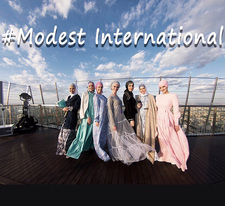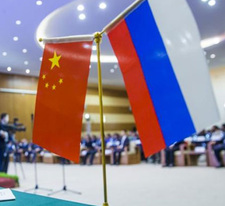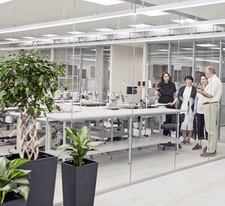Russia is on the 14th place in the ranking of countries attractive for production
According to the rating «Index of Manufacturing Countries 2018» compiled by Cushman & Wakefield, Russia ranks 14th place in the world among the most attractive countries for production placement. In total, 42 countries were included in the rating, the place in the rating was determined by such parameters as the cost of production, potential risks (including political and economic risks, market conditions, labor costs) and the conditions created in the country for doing business. The rating is compiled in order to determine the main parameters that manufacturing companies should take into account when choosing countries for the development of their production.

The top positions of the rating are traditionally occupied by the countries of the Asia-Pacific region. The first place in the ranking was awarded to China, thanks to efficient supply chains and infrastructure networks, which continue to create a reliable platform for exports. At the same time, China is demonstrating an increase in the cost of labor and is losing its competitive advantage. This not only enhances the attractiveness of cheaper countries, but also makes manufacturers think about the possibility of moving enterprises back to Europe. Malaysia has dropped to third place since last year, as it has moved from the category of low-cost countries to the group with high production costs, but the country remains extremely attractive and has the largest number of professional workers in the region.
Nevertheless, the countries of Central and Eastern Europe also remain attractive and competitive for the whole world, since the total labor costs in the region are relatively low, and investments in infrastructure increase their connection with the rest of Europe. Thus, Lithuania is in second place in the rating, which is precisely due to the lowest labor cost in Central and Eastern Europe (14% lower than in Poland and 30% lower than in the Czech Republic). Another factor that caused its success is due to the fact that it is considered the second country in Central and Eastern Europe in terms of ease of doing business.
Despite the fact that Russia is in a difficult situation today, it has risen from 23rd to 14th place in the world ranking since last year. On the one hand, in terms of production costs after the devaluation, our country ranks 5th and 1st in Europe, today it is cheaper to place production in Russia. However, two other groups of factors set our country back: in terms of business conditions, we occupy 38th place, overtaking only Indonesia, Vietnam, Argentina and Venezuela, and in terms of risks, we are in 25th place. Obviously, such conditions cause concerns among potential investors. The good news is that today Russia is beginning to accumulate the potential of national industrial competitiveness due to the effective work of state institutions at federal and regional levels created to attract investment, support and implement investment projects, develop the investment infrastructure of the regions, and expand the package of state support measures.

Comments Diana Mirzoyan, partner of Cushman & Wakefield: "We are observing the investment activity of manufacturing companies in the country. This is evidenced by the increase in the number of transactions for the purchase and lease of land plots for the placement of production facilities and the entry of foreign manufacturers into the Russian market independently or by creating joint ventures with Russian companies. Most transactions take place on the territory of free economic zones and industrial parks. The state is also developing territories of advanced socio-economic development on the basis of single-industry towns in order to reduce the latter's dependence on the work of city-forming enterprises. This initiative will be successful provided the coordinated work of federal and regional authorities in terms of infrastructure modernization, the creation of measures to diversify the economy, improve the urban environment and the development of human capital.
The Government's focus in order to enter the trajectory of sustainable growth is aimed at budget, credit policy, structural reforms and the creation of a favorable investment climate. The government's approach to business has changed. The government structures provide strong support to companies that are willing to invest money in production, job creation and in-demand product. In return, they receive preferential conditions for co-financing projects, the possibility of partial reimbursement of infrastructure costs, transparent conditions for the implementation of the project, tax benefits, simplification of administrative procedures and, what is especially important for many companies, the status of a Russian manufacturer, and therefore access to state contracts.
Source: Cushman & Wakefield
Photo: shutterstock











